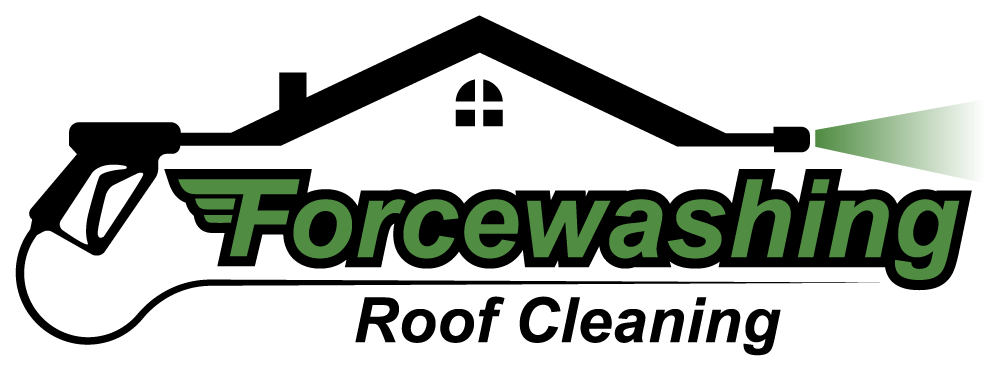
As solar energy becomes an increasingly popular choice for homeowners and businesses, maintaining the efficiency of solar panels is essential. One common question arises: can you pressure wash solar panels?
While pressure washing is a highly effective method for cleaning many surfaces, it’s important to understand the specific needs of solar panels to avoid damage and ensure optimal performance.
In this article, we’ll explore the best practices for cleaning solar panels, why you can’t use a pressure washer, and alternative methods to keep your panels functioning at their best.
Can You Use a Pressure Washer on Solar Panels?
Using a pressure washer on solar panels is generally not recommended.
Here’s why:
- Delicate Surface: Solar panels are delicate and can be easily damaged by the high-pressure water jets. This can lead to cracks, scratches, or even loosening the panels from their mounts.
- Seal Damage: The high pressure can damage the panels, seals, or wiring, potentially leading to leaks or other issues
- Wiring Concerns: High-pressure washing can force water into the electrical components of the panels, potentially causing malfunctions or short circuits.
Why Solar Panel Cleaning is Important
Cleaning solar panels is essential for maintaining their efficiency and ensuring optimal energy production. Accumulated dirt, dust, and debris can significantly block sunlight, leading to reduced performance and lower energy output. Regular cleaning not only helps maximize energy generation, which translates to cost savings on energy bills, but it also extends the lifespan of the panels by preventing potential damage from grime buildup. Additionally, keeping panels clean enhances the aesthetic appeal of your property and allows for early detection of any issues, such as cracks or faulty connections, ensuring that your investment continues to operate effectively. Overall, proper maintenance through regular cleaning is crucial for the longevity and performance of solar energy systems.
The Best Way to Clean Solar Panels
- Turn Off the Solar Panel System: Before starting the cleaning process, ensure your solar panel system is turned off to prevent any electrical issues or shocks.
- Use a Soft Brush or Sponge: Utilize a soft-bristle brush or a sponge to gently remove dirt and debris from the surface of the panels. Avoid abrasive materials that could scratch the glass.
- Use Soapy Water: Mix a mild detergent with water to create a soapy solution. This will help break down any stubborn grime without harming the panels.
- Rinse with Low-Pressure Water: After scrubbing, rinse the panels with low-pressure water to wash away the soap and loosened dirt. Avoid high-pressure washing, as it can damage the panels.
- Dry if Necessary: If you notice any streaks or residue after rinsing, you can use a clean, soft cloth to gently dry the panels. However, many panels can air dry without issues.
How Often Should You Clean Solar Panels?
The frequency of cleaning solar panels typically depends on various environmental factors, but a good rule of thumb is to clean them at least twice a year. In areas with high dust levels, construction activities, or heavy pollen, more frequent cleaning may be necessary to prevent dirt accumulation that can obstruct sunlight and reduce efficiency.
Conversely, locations with frequent rainfall might require less maintenance, as rain can naturally wash away debris. Additionally, if your panels are shaded by trees or nearby structures, they may collect leaves and other organic matter, warranting more regular attention. Monitoring your solar panel performance can also guide your cleaning schedule; a noticeable drop in energy output may indicate it’s time for a thorough cleaning.
Is Professional Solar Panel Cleaning Worth It?
Investing in professional solar panel cleaning can be well worth it, particularly for those seeking to maximize their system’s efficiency and longevity. Professionals have the right tools, expertise, and techniques to safely and effectively clean solar panels without causing damage, ensuring that they achieve optimal energy output.
They can also perform inspections during the cleaning process, identifying potential issues such as cracks or wiring problems that homeowners might overlook.
Final Thoughts
In conclusion, maintaining clean solar panels is essential for maximizing their efficiency and ensuring long-term performance. Regular cleaning helps prevent dirt and debris from obstructing sunlight, which can significantly impact energy output. While DIY methods can be effective, investing in professional cleaning services offers the advantage of expertise and thoroughness, especially for complex installations. Ultimately, whether you choose to clean your panels yourself or hire a professional, staying proactive about maintenance will help you get the most out of your solar energy system, ensuring it remains a valuable asset for years to come.

